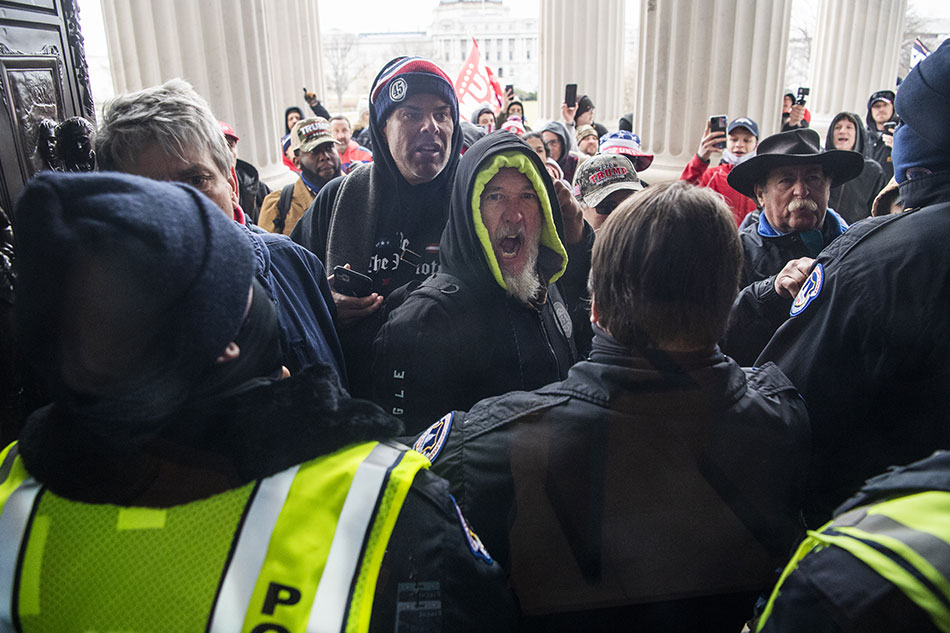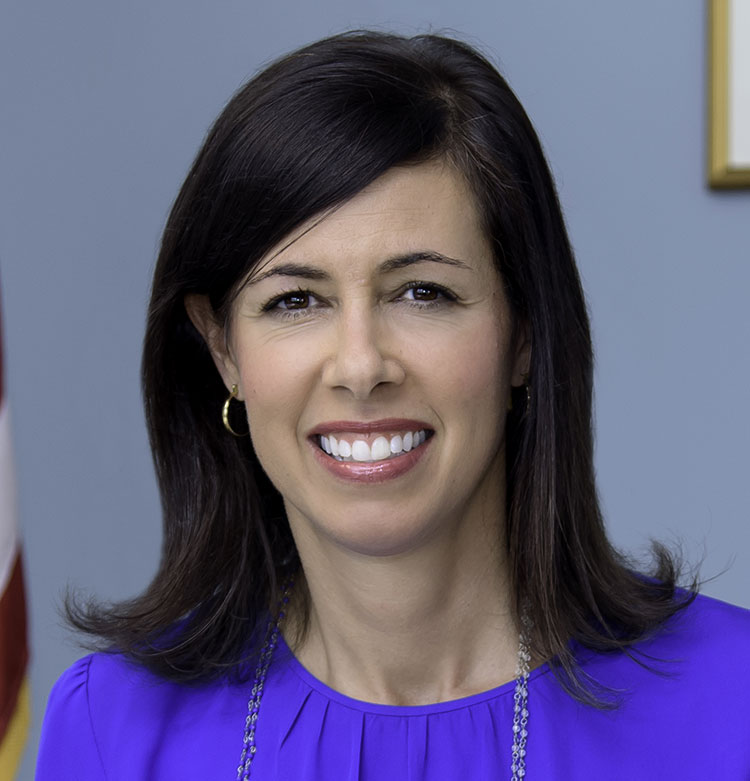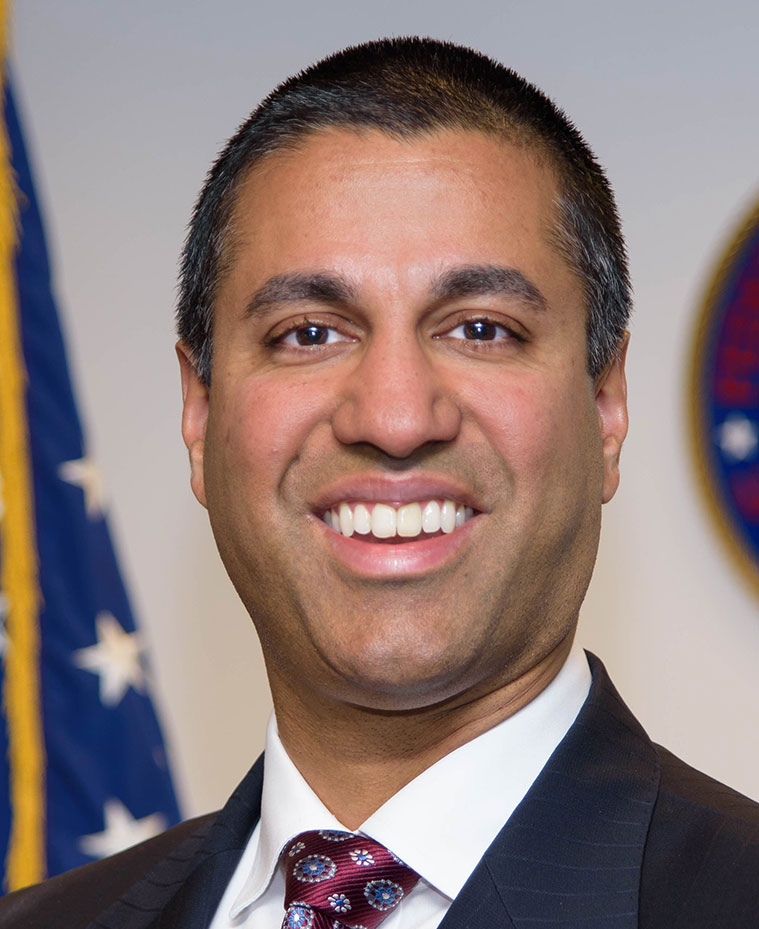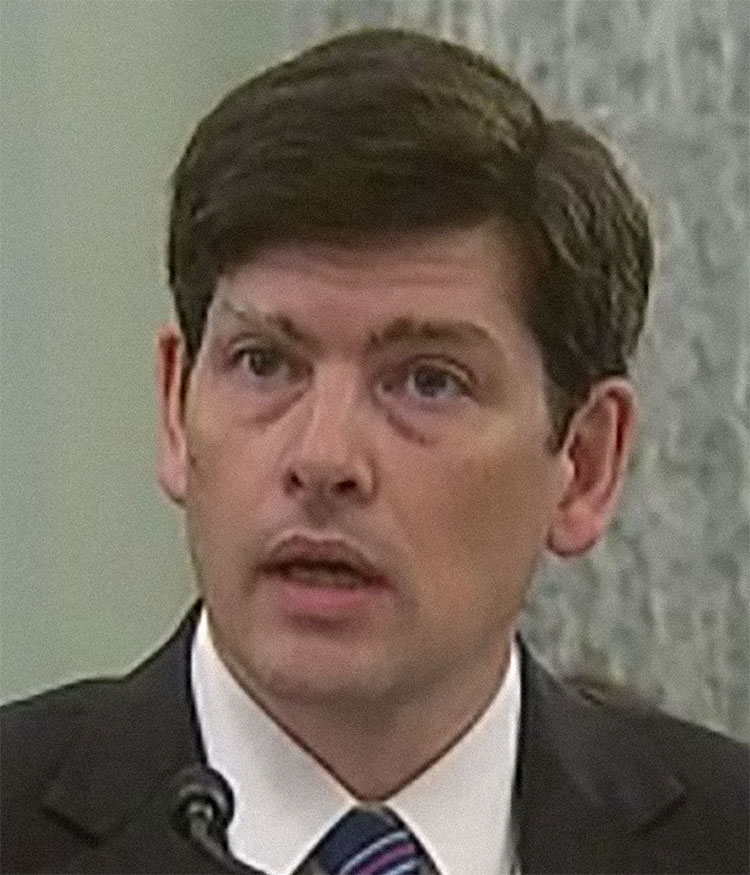The Capitol Siege: Images That Linger
FCC members weigh in on unrest, uncertainty in D.C.

The smarter way to stay on top of the multichannel video marketplace. Sign up below.
You are now subscribed
Your newsletter sign-up was successful
The following is excerpted from the Jan. 13 Federal Communications Commission open meeting statement of commissioner Jessica Rosenworcel, who was named acting chair of the agency on Jan. 21:

I worked for many years in the Capitol. I know its towering heights, secluded corners, and labyrinth hallways. But it’s not the loftiness of those spaces that I find most compelling. It’s what’s down below on the floors. I’ve traversed them too many times to count, heading back and forth, clicking on the tiles in less-than-sensible work shoes. I think the most beautiful floor tiles in the Capitol are the mid-19th century encaustic mosaics. The clay is inlaid, so the colors in the tiles are especially vibrant and diverse.
It’s like the metaphor for our union is right there on the ground. Even where these mosaic floors are uneven and worn, what strikes you most is the durability. They have survived so much in our history.
History, of course, is always being written. The violence done to the Capitol last week is an especially ugly chapter. To see those sacred spaces desecrated stings. To see those gorgeous floors smeared with feces and hate hurts. To see the Confederate flag paraded across those tiles sears and burns. And to watch those disowning the hatred that brought us here when for too long they walked too casually alongside it is difficult. It was Martin Luther King Jr. who said, “Darkness cannot drive out darkness, only light can do that.” Now we have an opportunity to lean into the light.
As a nation we need connections — physical and digital — that strengthen our mutual bonds. We need connections that remind us that our states are united and our interdependence is powerful. And as if on cue, a new appropriations law has provided this agency with authority to help do just that.
Congress directed us to establish an Emergency Broadband Benefit to expand access to high-speed connections and assist those struggling in the ongoing economic crisis. It tasked the agency with expanded support for telehealth and provided funding that will make our networks more powerful and more secure. We also cannot forget the millions of students caught in the homework gap because they lack high-speed service at home and are locked out of the virtual classroom. In short, we have real work to do. Work that helps ensure that safe, reliable, and affordable communications reach 100% of this country — rural areas, urban areas, and everything in between.
Rosenworcel was not the only commissioner to weigh in on the siege. Ajit Pai, FCC chairman until last Wednesday (Jan. 20), addressed it in an interview for C-SPAN’s The Communicators series:
The smarter way to stay on top of the multichannel video marketplace. Sign up below.

The scenes we saw were outrageous and extremely disappointing to those of us who cherish American democracy, one hallmark of which is the peaceful transition of power. I think it was a terrible mistake to suggest that the results of the election, and particularly the process that culminated in the Senate and the House [the vote to certify President-elect Joe Biden’s victory] could in any way be changed. That was a terrible mistake and one I do not believe should have been indulged.
Given the circumstances that we saw — armed guards defending the Senate chamber, people wielding Confederate flags in the seat of the United States government and other actions like that — were completely unacceptable and completely outrageous and, as I said on Twitter in real time, we must be governed by the rule of law, not by the rule of the mob. Law and order must be restored and democracy must be respected. These are the bedrock expectations of every American citizen and it is what distinguishes American democracy from other governments around the world and I believe that to my core regardless of political affiliation.
FCC newcomer Nathan Simington, an immigrant to this country, also weighed in on the violence as his first public statement as commissioner, with the preamble that he was someone who had “embraced the gift of citizenship.” He condemned the violence and urged everyone to work together for a peaceful transfer of power, suggesting working together begins at home, home being his new one at the FCC:

I look forward to working in the public interest with my colleagues commissioners [Brendan] Carr, Rosenworcel and [Geoffrey] Starks, as well as the president-elect’s new nominee. Our mandate at the commission is to work for the benefit of all Americans. Should we disagree on some issues, we would do well to remember Thomas Jefferson’s words at the time of another presidential transition, the first in which the Administration changed parties: “Every difference of opinion is not a difference of principle. We have called by different names brethren of the same principle.”
